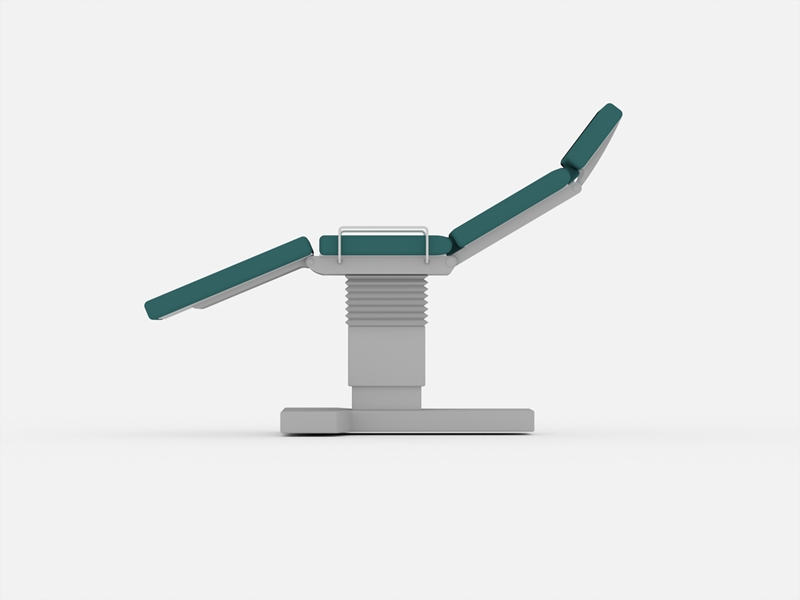We all know that tooth decay is bad news. Not only can it cause damage to your precious pearly whites, but if left unchecked, the buildup of germs in your mouth can lead to a few more serious conditions. These range from toothaches through to gum disease, and while all are unpleasant and often painful, it's dental abscesses that can represent one of the biggest risks to your overall health.
Accordingly, it's always important to get any dental issues looked at immediately by your dentist, but if you needed any more convincing, let's take a closer look at the impact of abscesses. In this article, we'll talk about just what this ailment actually entails, how it's treated, and how you can prevent them from rearing their ugly heads.

What is a dental abscess?
An abscess is when bacteria makes its way into the tissue at the centre of a tooth. Known as pulp, this contains blood vessels and nerves and if left unchecked, bacteria can easily spread through the tissue and down to the root. Often appearing as an inflammation or swelling of the pulp, an abscess is accompanied by severe pain, which can make it difficult to eat or even function as you normally would.
The condition is caused by a gap in the outer surface of your teeth (the enamel), through which the bacteria in plaque can enter a tooth. In many cases, this gap is brought about through long-term decay which hasn't been properly treated, but there are other potential causes, including trauma to the teeth that may create a crack or chip in the surface.
The most important thing is that you visit your dentist immediately before the issue worsens.
Treating and preventing an abscess
If you do develop an abscess, the most important thing is that you visit your dentist immediately before the issue worsens. In some cases, if left untreated, the bacteria can spread beyond the mouth to other areas of the body. Typically, the first step will be to drain the abscess, in order to remove the infection. Once this has been done, you can discuss the different options that you might have in terms of repairing the surface damage – including root canal treatment, fillings and crowns.
Of course, while an abscess is treatable, the best way to fight them is by ensuring they never appear in the first place. Good dental hygiene and regular dental check ups with X-rays are your first line of defence, and can prevent plaque from piling up on the surface of your teeth, potentially decaying them and providing a breading ground for nasty germs. There might be some areas of plaque that you can't reach or that have hardened into tartar. In these situations, a visit to the dental hygienist can make sure that your smile is protected.
Through good oral care, you should be able to minimise your chances of developing decay or an abscess. If you do though, don't delay your appointment and seek professional advice sooner rather than later.
